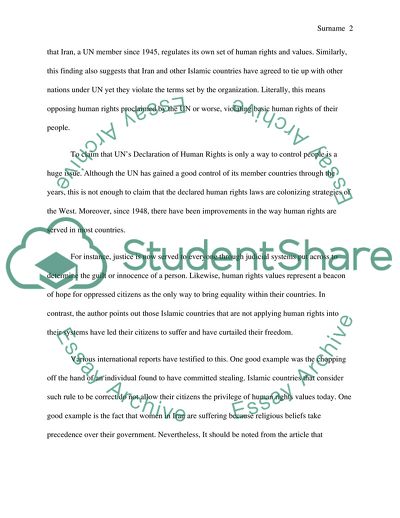Cite this document
(Recognition and Implementation of Human Rights Coursework, n.d.)
Recognition and Implementation of Human Rights Coursework. https://studentshare.org/social-science/1871793-unit-2-final-paper
Recognition and Implementation of Human Rights Coursework. https://studentshare.org/social-science/1871793-unit-2-final-paper
(Recognition and Implementation of Human Rights Coursework)
Recognition and Implementation of Human Rights Coursework. https://studentshare.org/social-science/1871793-unit-2-final-paper.
Recognition and Implementation of Human Rights Coursework. https://studentshare.org/social-science/1871793-unit-2-final-paper.
“Recognition and Implementation of Human Rights Coursework”. https://studentshare.org/social-science/1871793-unit-2-final-paper.


